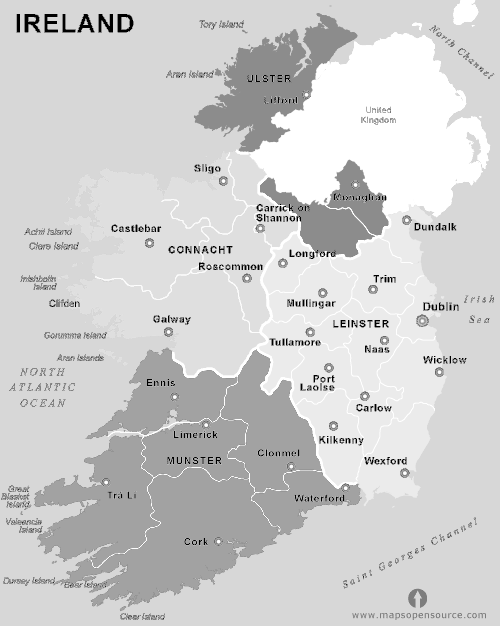How does the ethical review process work in Ireland and which are the designated ethics committees?
Background
The Minister for Health and Children has made Regulations implementing the EU Clinical Trials Directive. This Regulation came into force on 1st May 2004. The Regulations set out measures relating to the conduct of clinical trials on medicinal products for human use and replace those controls that previously applied to such trials under the Control of Clinical Trials Acts, 1987 and 1990. Aspects dealt with in the Regulations include:
- procedures for obtaining a favourable ethics committee opinion (a single ethics committee opinion is required in the case of multi-centre trials);
- procedures for obtaining authorisations for the conduct of clinical trials from the Irish Medicines Board;
- controls that are to apply to the manufacture, supply and importation of investigational medicinal products;
- obligations for the reporting of various adverse events encountered in subjects participating in clinical trials, including the recording, reporting and notifying of such events;
- obligations for compliance with standards of good clinical practice (GCP) and good manufacturing practice (GMP).
Recognised Ethics Committees
The Regulations contain provisions for the establishment of, recognition of and operation of ethics committees. These committees are required to be independent, consisting of healthcare professionals and lay members and to have responsibility to protect the rights, safety and wellbeing of human subjects involved in a trial. They are also required to provide a public assurance of that protection by, among other things, expressing an opinion on the trial protocol, on the suitability of the investigators, on the adequacy of the facilities, on the availability of insurance, indemnity or compensation and on the methods and documents to be used to inform trial subjects and to obtain their informed consent.
Appointment and Recognition of New Ethics Committees
Since 1st May 2004, ethics committees have had to comply with criteria set out in the Regulations before being entitled to approve clinical trials for medicinal products. All such committees are required to be established and recognised by the Ethics Committee Supervisory Body under Part 2 of the Regulations. The function of the Supervisory Body under the Regulations is to be discharged for the time being by the Department of Health and Children pending the transfer of the function from the Department, following restructuring and the reform of the health services.
Single Ethics Committee Opinion
It is obligatory under the Directive (and the Regulations) that, in the case of multi-centre clinical trials, a single ethics committee opinion be given for each Member State. This means that once an ethics committee opinion is given by a recognised ethics committee for a clinical trial in this country, that opinion must prevail at all centres where the trial is to be conducted. This does not mean that such a trial must be carried out at a particular centre. Obviously a local centre may decide, on a case by case basis, whether or not it would permit a particular trial to be carried out at its site.
In the context of the single ethics committee opinion, it is necessary that the ethics committee takes into account the suitability of the investigator and supporting staff and the quality and adequacy of the facilities available at each of the proposed trial sites. Any subsequent decisions that may be taken locally at these trial sites can only be taken on a yes/no basis.
Composition of New Ethics Committees
The Regulations provide, in Schedule 2, for ethics committees to have a membership of not more than 21 members, of which at least one-third are to be lay members and at least half of those are to be persons that have never been health care professionals. There is also provision for the appointment of two vice-chairpersons and for the appointment of deputies who may attend in the absence of a member.
The framework for these committees has been designed in such a way as to provide maximum flexibility for their operation as ethics committees and to enable them to properly discharge their functions under the Regulations in a timely manner.
Weblinks to Irish Ethics Committees
